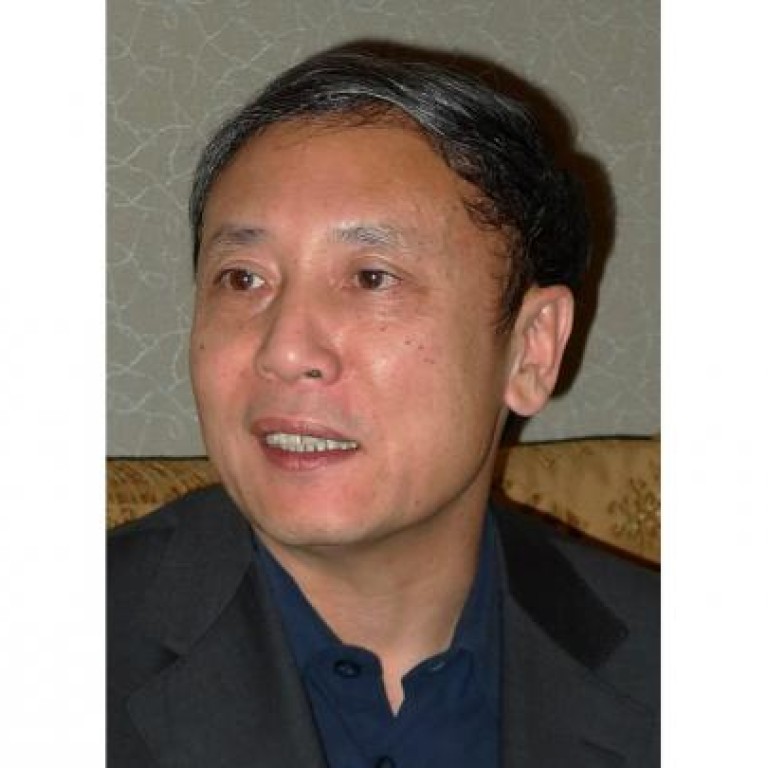
No change in birth policy despite scrapping of agency, experts say
The dissolving of the Population and Family Planning Commission as part of Beijing's cabinet shake-up does not herald change in the controversial birth control policy, demographers say.
The dissolving of the Population and Family Planning Commission as part of Beijing's cabinet shake-up does not herald change in the controversial birth control policy, demographers say.
Cai Fang, director of the Institute of Population and Labour Economics at the Chinese Academy of Social Sciences, says birth control remains an important family planning policy and it makes no difference which government agency enacts it.
"Over the years, we have gradually transferred from a strict one-child policy to one-and-a-half children and then a two-children policy, but strict birth control will still be the family planning policy," Cai said. "The only thing that might change is how different government agencies implement birth control."
The only thing that might change is how different government agencies implement birth control
The one-child policy was enacted in the 1970s, and in the 1980s rural families were allowed to have a second child if the firstborn was a girl. Couples who are themselves single children are also allowed to have a second child.
Population expert Ma Xu says a scheme may also be piloted in some provinces to allow families with just one single-child parent to have a second child. Cai says the restructuring, which moves some of the commission's functions to the health ministry and others to the government's main planning agency, is about optimising resources and smoothing co-ordination.
Scrapping the commission does not mean its family planning work is not important any more. "It has no impact on the family planning policy," he said.
Cai says that part of the commission's work dealing with family planning services overlaps with the health ministry's activities, while its other work (to do with planning, controlling and drafting strategy) is more in line with the functions of the National Development and Reform Commission.
Professor Huang Rongqing , an expert in population issues at Capital University of Economics and Business, says birth control will still be the national family planning policy even though it no longer means a one-child policy.
"For more than three decades, the family planning policy has always been the decision of high-level leadership," Huang said. "The family planning commission was just there to reinforce that."
Wang Feng , deputy director of the State Commission Office for Public Sector Reform, said family planning work would only be strengthened by the reform.

